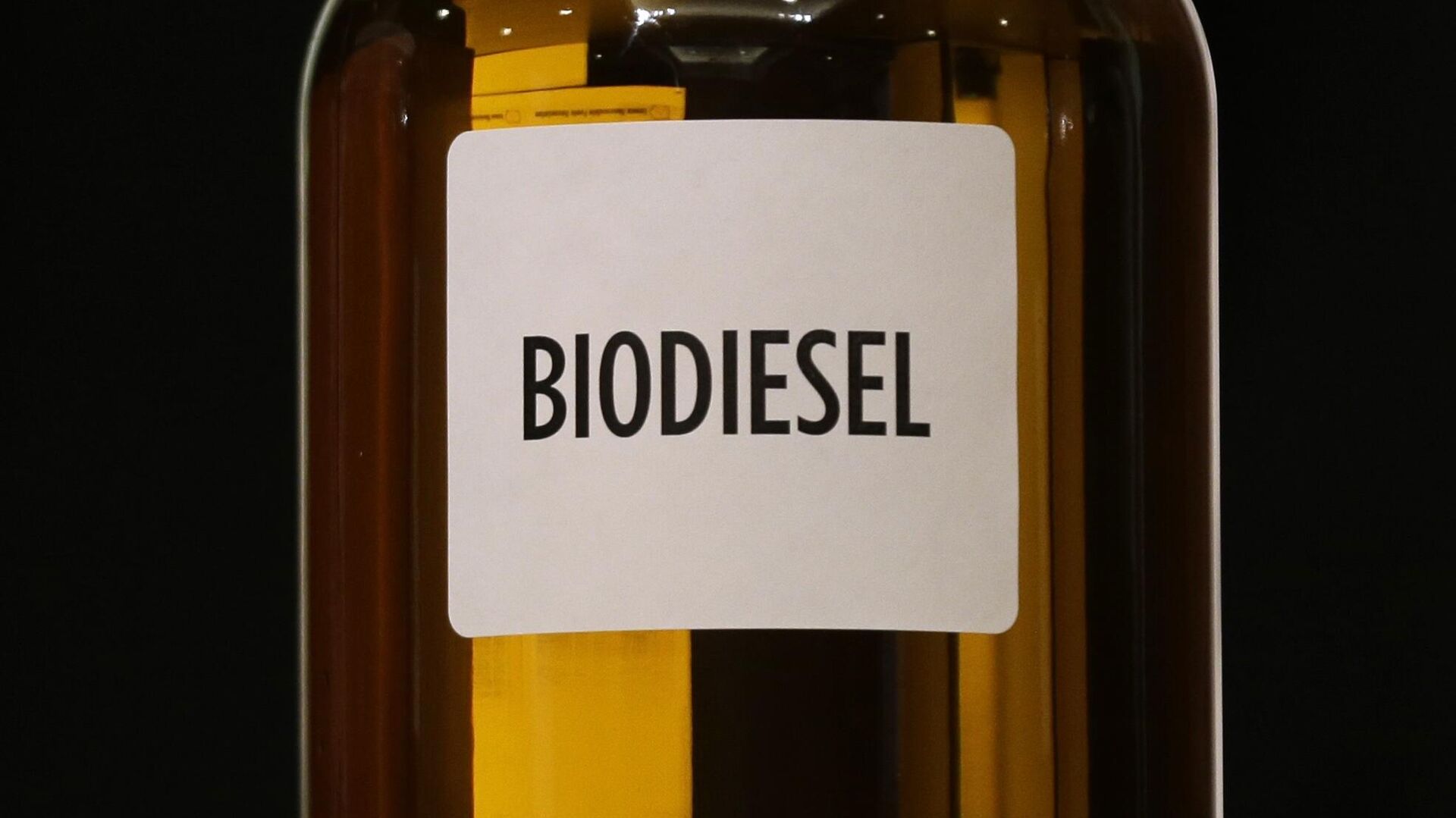Ghana Develops Shea Butter Biodiesel, Aiming to Reduce Country's Reliance on Imported Fuel
13:35 28.11.2024 (Updated: 15:14 28.11.2024)

© AP Photo / Charlie Neibergall
Subscribe
Biodiesel, derived from renewable and biodegradable sources, offers a promising solution for the environmental problems. Its low emissions and potential to extend engine life make it an attractive, environmentally friendly alternative to traditional diesel fuel.
Ghana's Cocoa Research Institute (CRIG) developed a method to produce biodiesel from shea butter, reducing the shea tree's maturation time to just three years, CEO of Ghana Cocoa Board (COCOBOD), Joseph Boahen Aidoo, said.
According to him, this innovation, spearheaded by COCOBOD, aims to create new economic opportunities for farmers in northern Ghana, where increased shea production could potentially lower the market value of shea butter.
This shea butter biodiesel, currently undergoing final testing for vehicle compatibility, shows promise for the renewable energy sector and could significantly benefit cocoa farmers by reducing reliance on imported fuel, Aidoo noted.
“This biodiesel works like premixed fuel, the same kind used in machines on our cocoa farms—whether for spraying, weeding or pruning,” he said.
The initiative aims to reduce reliance on imported fuel and ultimately achieve domestic biodiesel self-sufficiency through increased shea nut cultivation. To support this goal, COCOBOD established a new shea plantation and nursery in Bolee, a district in Ghana's Savannah Region.

